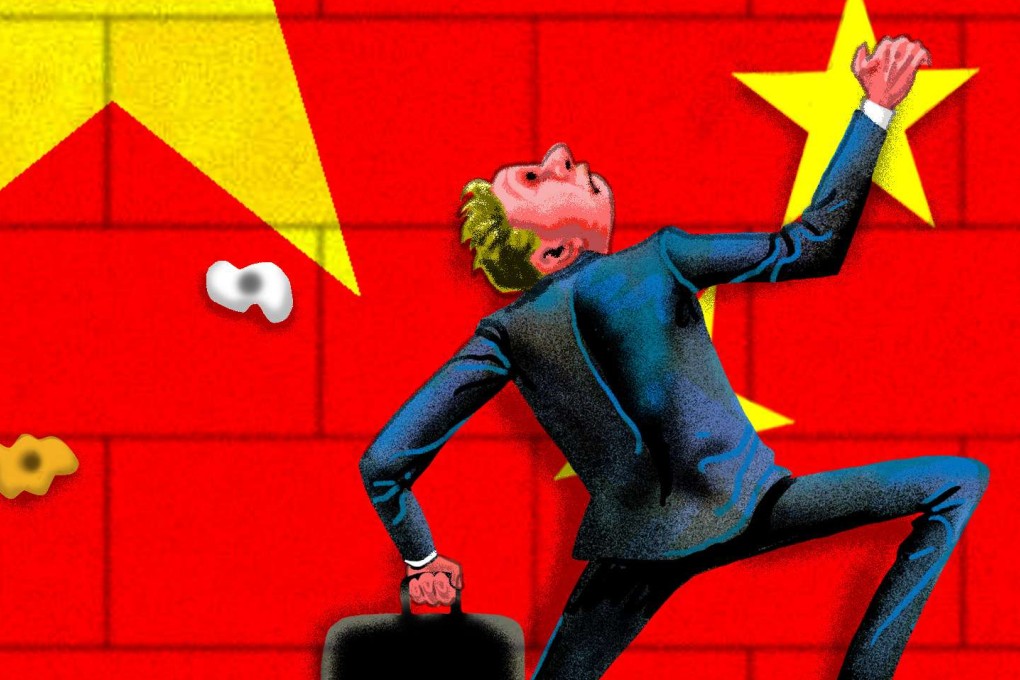It’s time for China to honour its pledge to open up the market and society – and play fair
Michael Clauss calls on party leaders to seize the opportunity of their sixth plenum to ease their tightening grip on foreign groups and businesses


Why Xi Jinping’s bid to put ‘power in a cage’ must go to the very top
At this point in time, one year before the present five-year political cycle of the party ends, it is worth looking at what China has achieved from an outside perspective.

Communist Party pledges greater role for constitution, rights in fourth plenum
The fourth plenum in 2014 also generated certain hopes. This was the first time a conference at this high level had been dedicated almost exclusively to the rule of law. This was also highly important to us. German companies, non-governmental organisations, scientists, artists and students see unclear, unpredictable and unevenly enforced laws and regulations as one of the main obstacles to their activities in China.
An unprecedented wave of complaints indicate a clear trend that doing business in China has become more difficult
Nevertheless, looking at the “reform dividend” for our companies and other actors working in China after three years, it is hard to hide our disappointment. Less corruption is certainly a positive factor. But will it last or can it only be sustained with unrelenting pressure from the top, which in turn can have unintended side effects? Less graft is often accompanied by less or slower activity when it comes to granting licences and approvals.
An unprecedented wave of complaints reaching our embassy and consulates indicate a clear trend that doing business in China has become more difficult, and not just doing business: we have a growing number of complaints from Germans and other Europeans wanting to travel to China being turned down on unspecified security grounds. This has even included sportspeople and scientists. And despite all assurances, the new NGO law, scheduled to take effect next January, looks set to undermine and even halt activities of German organisations. The draft rules issued have not allayed concerns of a possible bureaucratic nightmare.

Is China making life difficult for foreign companies?
To name but a few examples that point at less openness and a lack of rule of law: